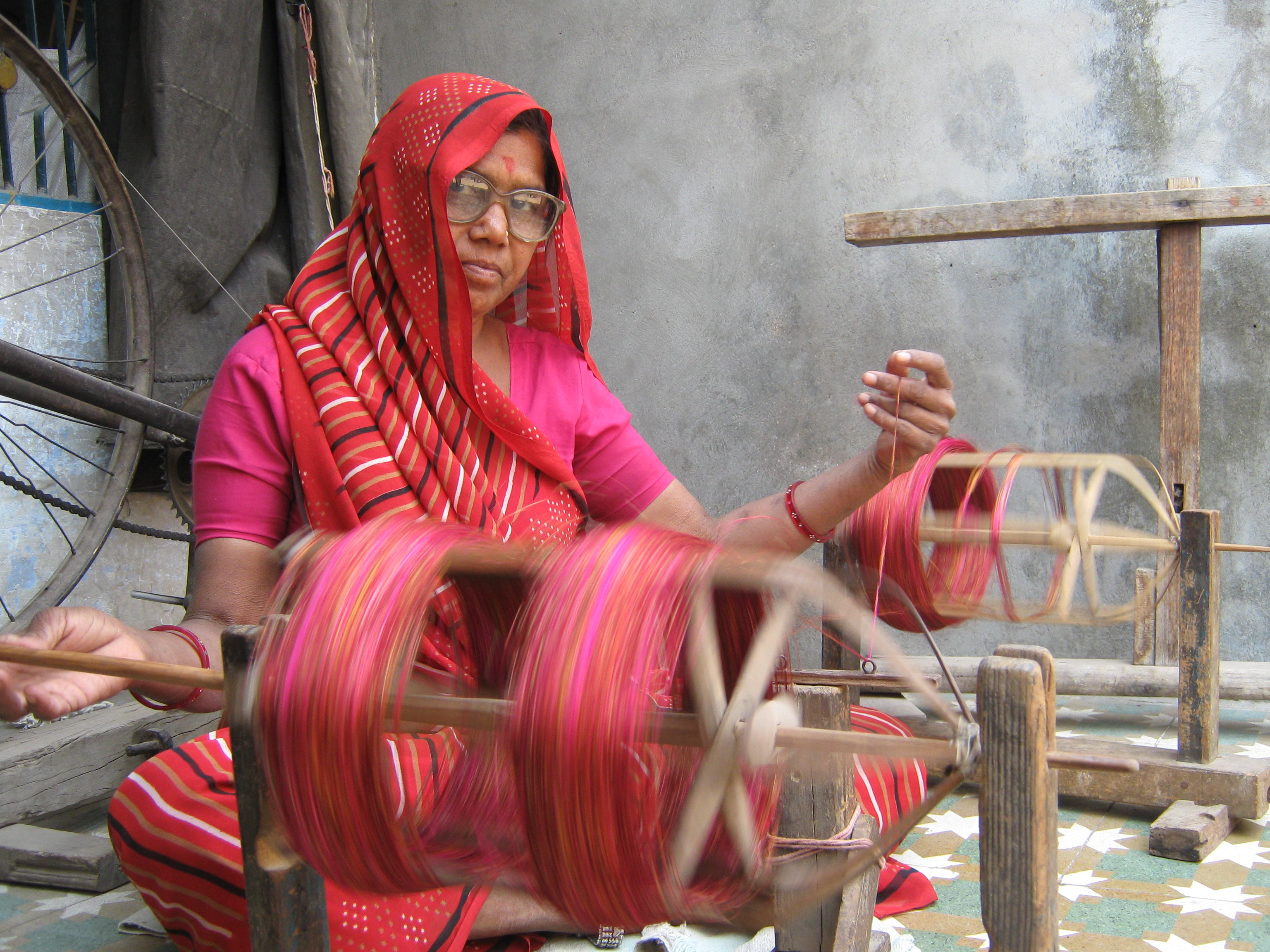India has recorded a phenomenal growth rate of 7.44 percent in 2018-19. However, when it comes to the crippling social issues, the country still lag behind many developing countries in addressing such challenges. One such issue is empowering women and providing them with sustainable livelihood.
Evidently, there has been a large decline in female labour force participation. According to the World Bank Estimates, India’s women in workforce contribute 17% to GDP, which is less than half the global average. In China, it is as high as 40%. As of 2012, only 27% of Indian women had a job or were actively searching for it, as compared to 79% for men. As India positions itself to increase the economic growth, it becomes increasingly crucial to ensure the country’s workforce include more females. As per World Bank, if 50% of Indian women join the workforce, India can improve its economic growth rate by at least 1.5%.
Although the government has started various initiatives such as the Mahila E-haat, Beti Bachao Beti Padhao, Working Women Hostel, Nari Shakti Puraskar amongst many others, , a lot still needs to be achieved in terms of empowerment of women by providing opportunities, adequate skills, infrastructure, finance etc. CSR and affirmative action play an important role in this regard. Affirmative action is a process of reverse discrimination that leads to positive changes within the society.
The idea of affirmative action and CSR is not new. India has been using this concept to promote inclusive development and equality in all forms. It is implemented through reservation or the quota system in educational institutes and government agencies. In the year 2006, the then Prime Minister Dr. Manmohan Singh appealed to the Indian business community to incorporate the affirmative action policies to diversify the workforce. Similarly, corporate social responsibility as a mandate is a well-thought approach for companies chartered after there was an influx of multinational companies in India post liberalization in 1991.
If the recent CSR trends are to be considered, the majority of the companies are investing in CSR for the promotion of education and vocational training in India. Both the sectors have traditionally been in focus. CSR expenditure towards education has grown a massive 92 percent over the last three years from Rs 1,249 crore to Rs 2,404 crore. However, livelihood and skill development which can positively impact on promoting women empowerment, especially through financial and vocational training is yet to see the light of day. Promoting livelihood improves women’s capacity to survive and grow in this competitive world.
While skill development/vocational training organisation and the government are taking initiatives to bridge the gap of skilling women and providing them livelihood, the private sector also has a crucial role to play. Corporates should take up the onus and devise policies for the inclusion of women. Their CSR initiatives could specifically focus on providing skills to the women from the marginalised section of society. Post training they can be provided with effective market linkages or placement in various sectors. Majority of women in the rural sector are dependent on agriculture and allied industry. Promotion of Income Generation Program through Sustainable Agriculture practises should be encouraged among women farmers. Their farm produce can be linked through Kisan Mandi for sale ensuring better value. This will ensure livelihood security and improve the quality of life for the women farmers.
In order to boost the employment and entrepreneurship of women, Corporates can also include programs for developing entrepreneurial skills among the women and provide financial assistance to set up their own business. The programs can be designed in alignment with their interest and market demand.
With approx 280 million more people joining India’s job market by 2050, it is important that we are able to cope with the challenges in optimizing jobs for women in the country. With boost from both government and private organisations, providing sustainable livelihood for women is possible. Let’s hope, India achieve this goal of making women self-sustained at the earliest.
